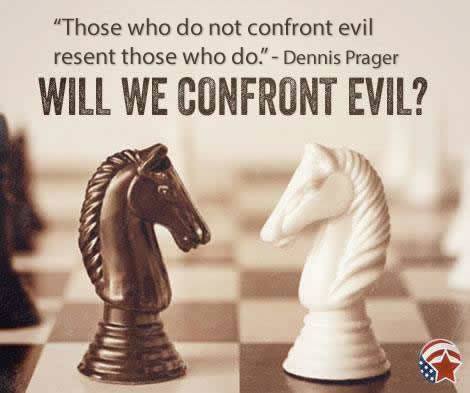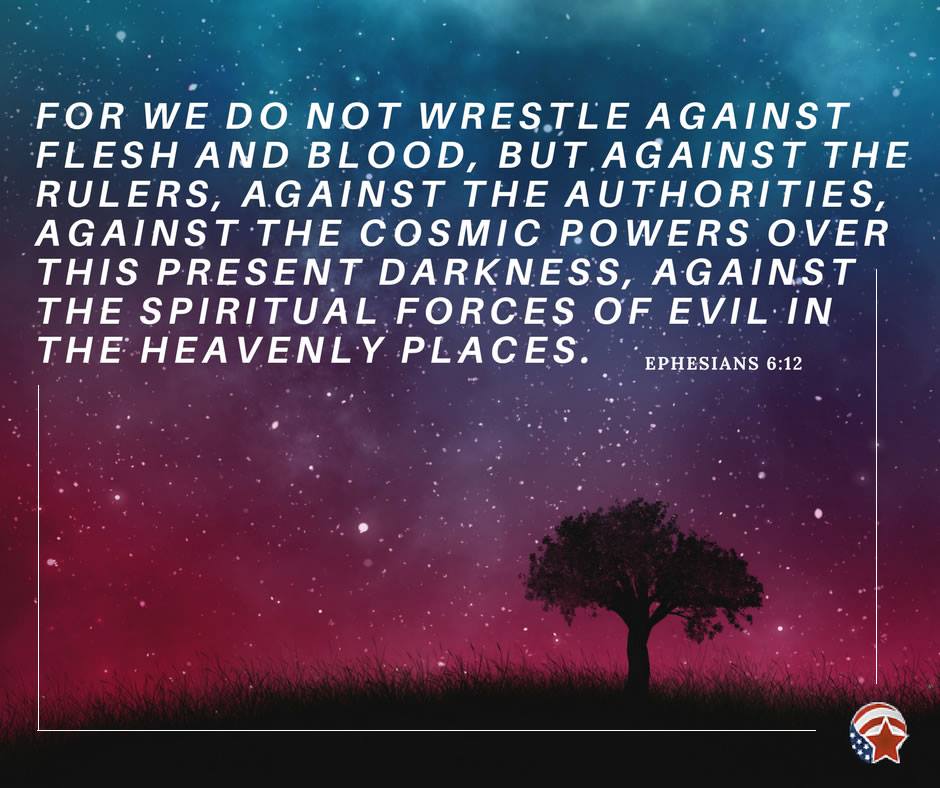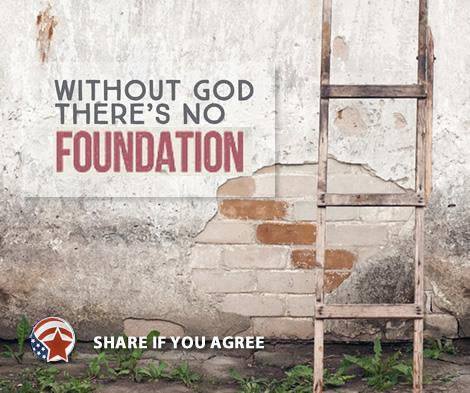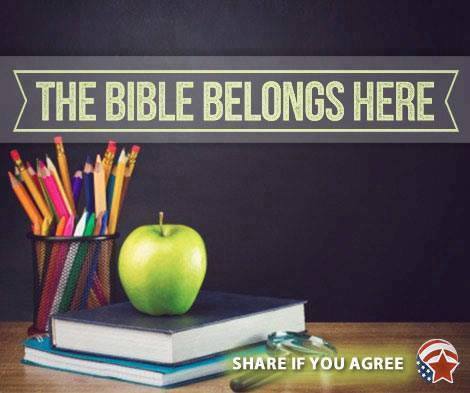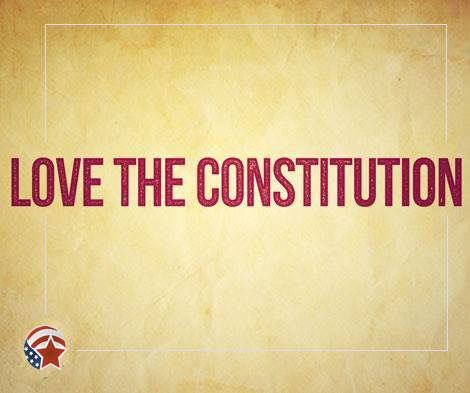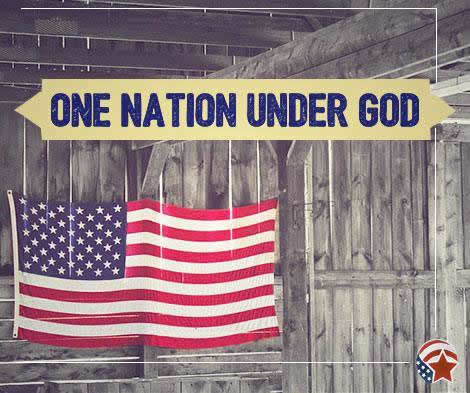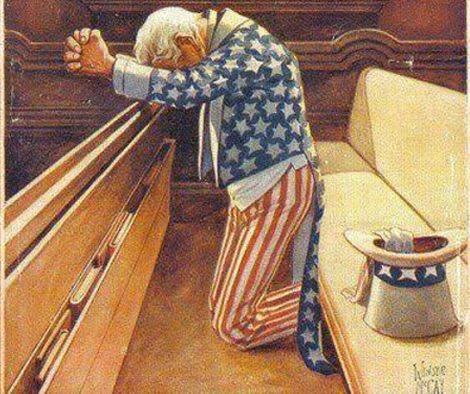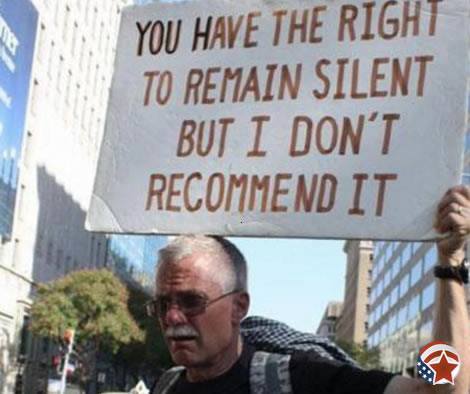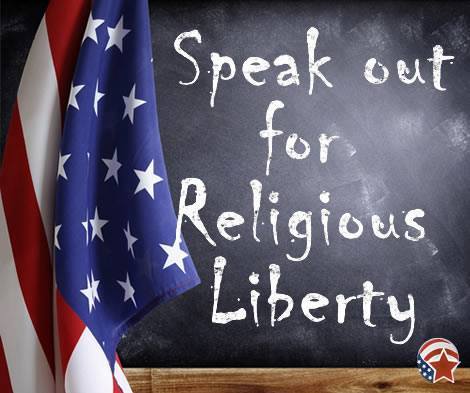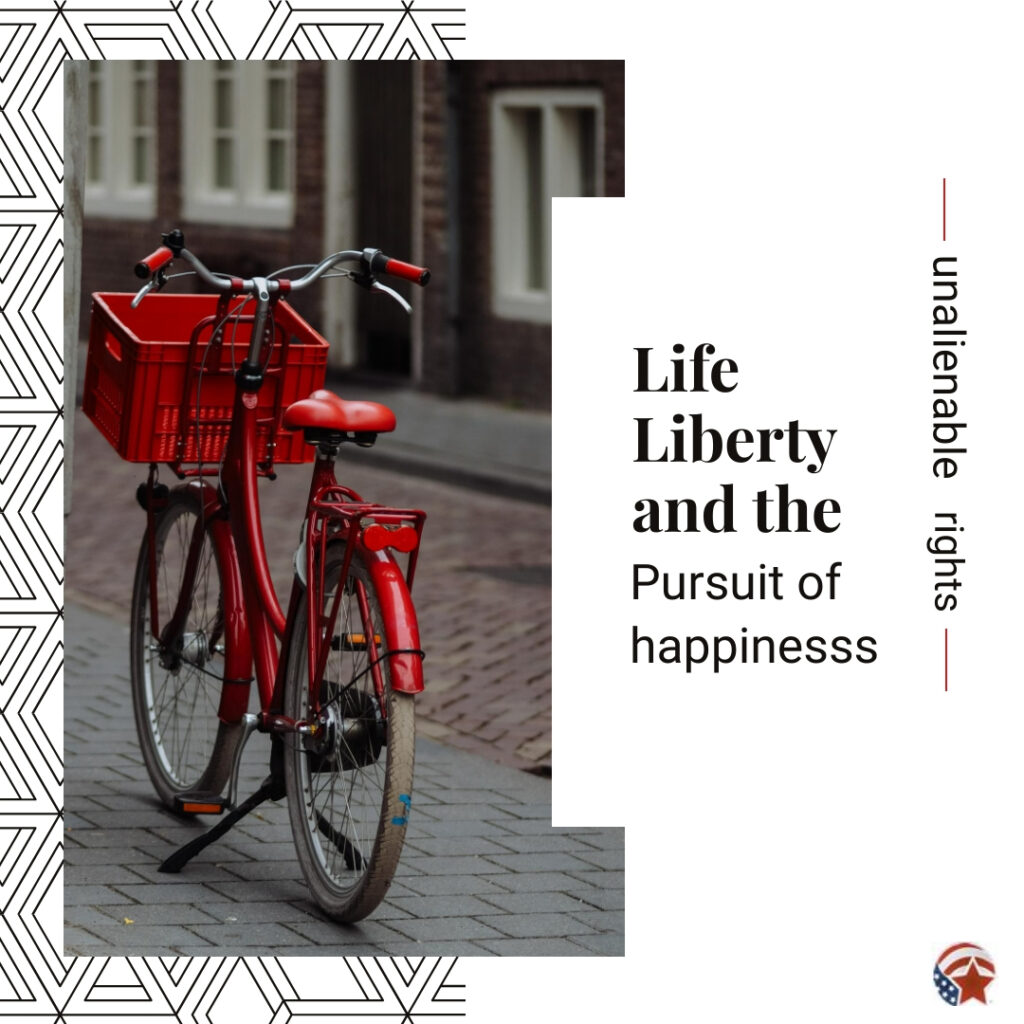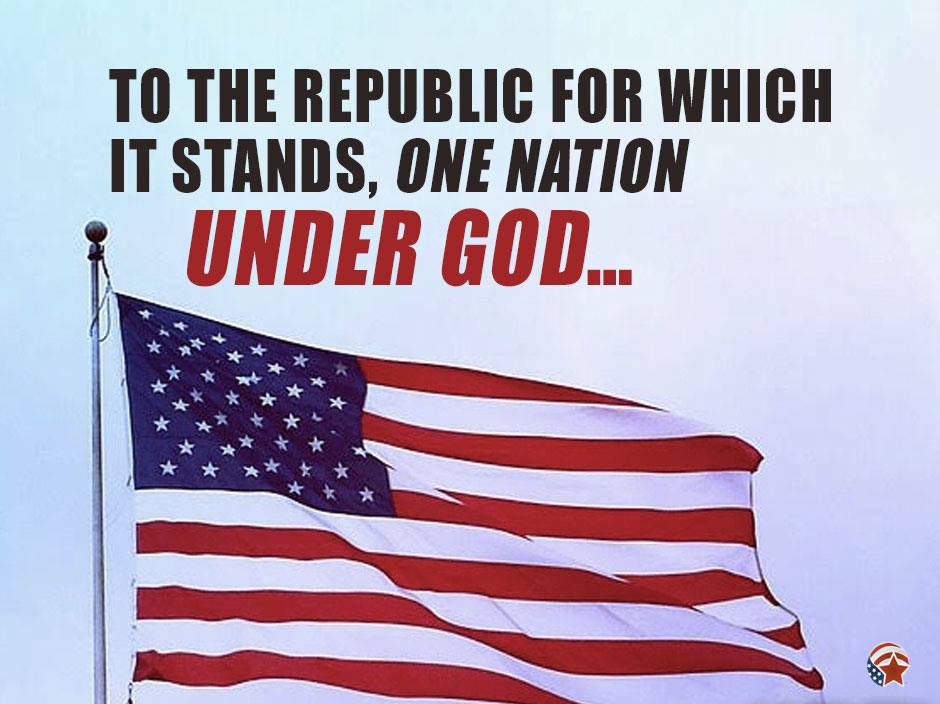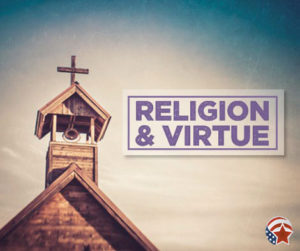 The American Renewal Project was founded to give greater currency to the principles laid down by the American Founders. The Project’s mission is to minister to people of faith in their transition from spectators to participants in the cultural arena, with emphasis being placed on religion and morality, the cornerstones of freedom.
The American Renewal Project was founded to give greater currency to the principles laid down by the American Founders. The Project’s mission is to minister to people of faith in their transition from spectators to participants in the cultural arena, with emphasis being placed on religion and morality, the cornerstones of freedom.
In 1784, 1785 and 1787 a similar model was presented, as Congress enacted the ‘Northwest Ordinances’, drafted by Thomas Jefferson. The three acts laid the basis for the admission and incorporation of the Northwest Territory’s constituent parts as states into the union. The Northwest Territory eventually spanned most or large parts of six future states: Ohio, Indiana, Illinois, Michigan, Wisconsin, and Minnesota.
Article 1 of the Transcript of Northwest Ordinance [1787] pronounces that “No person, demeaning [conducting] himself in a peaceable and orderly manner, shall ever be molested [harassed] on account of his mode of worship or religious sentiments.”
Of particular significance, Article 3 starts with: “Religion, morality, and knowledge, being necessary to good government and the happiness of mankind, schools and the means of education shall forever be encouraged.”
Freedom was not an afterthought for the Founders. They understood that freedom requires virtue and virtue requires Christianity. “Daniel Webster, Benjamin Franklin, Benjamin Rush, Samuel Adams, and George Washington echoed the same sentiments, believing that the strength of the republic was dependent upon the morality of her people, and that religion must undergird it.”(1)
We may call into question where such voices are today among the ‘leading lights’ of public education, higher learning, and academia.
Sustaining freedom is not a passive act. “To speak of a passive ‘overcomer’ is to employ words without meaning. To make the believer a mere onlooker of the Lord’s exploits is to reduce him to something less than a moral agent.”(2) Pastors must thus take civic responsibility to the next level if America is to survive.
Lamentably, Christians display a lack of active involvement with modern America. Whereas contemporary pastors may view delivering a Sunday Election sermon as the summum of civic responsibility, a Sunday sermon is not a denomination of political currency. Evangelical pastors must raise the responsibility of civic participation by registering, mustering and marshaling parishioners to the voting booth on election day. That is, if the secularization of America is to be brought to heel.
Dr. Jerry Falwell’s approach in the late 20th-century for registering God’s flock for civic engagement provides an excellent model for voter registration. Two or three times a year Dr. Falwell would announce in the middle of his sermon on the Old-Time Gospel Hour:
“We’re going to take two minutes to do this, I want all of the good citizens of VA who are registered to vote to please stand.” While waving his hand for the ushers to come forward, he would then say: “Now for you good citizens that are seated we are going to get you registered today. Ushers pass out the voter registration cards.”
“Now this is difficult part,” he continued, “you have to know your name and address. Fill them out now, and pass the voter registration card back to the usher, otherwise, it’ll be in your Bible three years from now!”
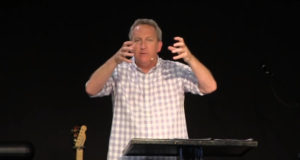 Pastor Rob McCoy, current Thousand Oaks City Councilman and Mayor this coming December, prompted his congregation following the November 2016 election by saying:
Pastor Rob McCoy, current Thousand Oaks City Councilman and Mayor this coming December, prompted his congregation following the November 2016 election by saying:
“One of the reasons the political world dismisses the church is because we don’t have the ability to get people elected. Our people don’t walk precincts.
“Our pastors educate their people to do nothing, and they say flippantly, ‘Vote for a Third Party candidate’ because it’s a moral statement. It’s stupid; it’s fatalistic, apathetic, and lazy. It makes me upset.
“God calls us to be the salt of the earth. We sit in apathy and moral relativism and think somehow that we’re effective.
“First Timothy Chapter 2 says, ‘First of all, I encourage you to make petitions, prayers, intercessions, and prayers of thanks for all people, for rulers, and for everyone who has authority over us. Pray for these people so that we can have a quiet and peaceful life …’
“I say this to pastors, ‘Can you please tell me the names of the school board members you’ve been praying for by name?’ Oh, you don’t know them? Well this is pastoral epistle of exhortation to Timothy from Paul and you’re a pastor, and you don’t know them? ‘Can you tell me the Council members you’re praying for? Could you tell me the top five issues for the School Board, and for the City Council, that you’ve been praying for wisdom for them? Oh, you don’t know them?’” [vimeo.com/192560720]
The Bible has been removed from public education. For the last three generations this has resulted in ignorance regarding America’s Biblical founding among the general public. Skeptics dismiss as futile any attempt to return America to the Christian-based model established by the Founders in the 17th century. The Founders “did not retreat from involvement in society and politics. They did not turn civil government, the making, enforcement, and adjudication of laws, over to Satan and those who serve him. They did not surrender the ministry of civil government to those who are in rebellion against God.”(3) Those giants bequeathed America’s Godly heritage to us.
Naysayers doubtful of the spiritual resurrection of America need to know that Gideons and Rahabs are beginning to stand.
David Lane
American Renewal Project
(1) The American Patriot’s Bible, Richard G. Lee
(2) A.W. Pink, Gleanings From Joshua
(3) Benjamin F. Morris, The Christian Life and Character of the Civil Institutions of the United States, 1864


